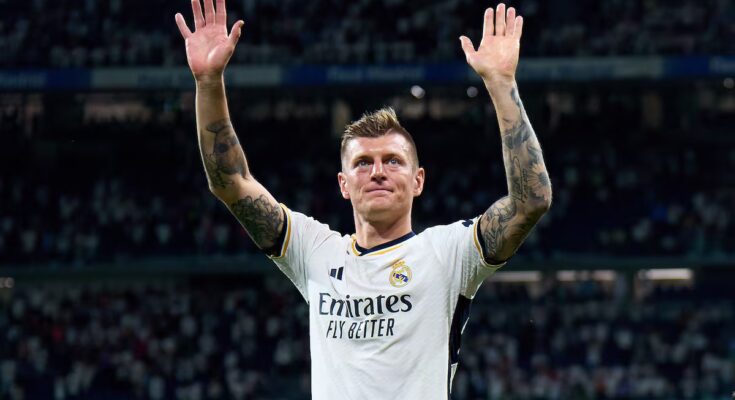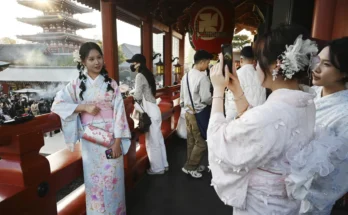Since Madrid speaks in a low voice and only with a few, even silences must be interpreted. The day Vinicius got angry with his coach, something broke in front of everyone. The team had just lost their last four games against Barça, and Xabi’s Real Madrid broke that trend which was beginning to be humiliating. Instead of celebrating the feat, the spotlight is on Vinicius, who made a mess when he was replaced.
It had already happened in a more discreet way in smaller matches. But, against Barça, Vinicius’ resistance to change was scandalous and had several consequences. He weakened Xabi’s authority, distracted in the middle of the battle and diminished the victory, because beating Barça lost concentration. Then Vinicius apologized to everyone except the only one he had offended: the coach.
There was no response from the club. It’s easy to interpret that he preferred to antagonize the coach rather than Vinicius, who was always very comfortable in his condition as a victim. Of anything. After the Classic, Real Madrid lost against Liverpool (which is probable considering the pace of the Premier League and Real Madrid’s difficulties in thinking about the match at that speed) and drew against Rayo, which is now usual. I would like to say that they drew against Rayo on the same day that Arsenal drew against Sunderland, Bayern Munich against Union Berlin and Napoli against Bologna. Neither in London, nor in Munich, nor in Naples did they hold their coaches responsible. In Madrid yes. It was the price the club paid for not doing the only thing that matters in times of crisis: strengthening their manager.
Real Madrid’s irregularity is not a mystery of the kind to which football has accustomed us, but rather has its own history and its own logic: it reigns in normality and suffers in the face of the elite. In routine matches, which are the majority, they usually command (with the exception of Rayo) and fuel expectations. When big rivals arrive you risk getting burned (with the exception of Barça). What if the reason isn’t the coach?
With the best goalkeeper and the best striker in the world you can win many matches, even some you don’t deserve. But in big events, between the goal you defend and the one you attack, there must be order, control, voracity and pace of play. The team will certainly continue to improve in organization and attitude, but in big games the pace will overcome them. It will be said that the team is not yet mature or that the players are not sacrificing enough. But the root of the problem lies in the design and depth of the roster. Especially in the center of the pitch, where the style, intention and command of a team is decided. It’s not that they run little, but that, in that area, they think slowly. Football is a collective construction and the truth is that, without the science of Modric and Kroos, what seemed easy has become difficult. A strategist is missing.
Given that Tchouameni is immovable, Bellingham is a safe value and Valverde is expected in his natural role, the team has many cards to fill the midfield: Güler (the one who has progressed the most), Mastantuono (he hasn’t lost a game yet), Camavinga, Rodrygo, Brahim, Ceballos… But, no matter how much it is reshuffled and re-proposed, finding collective criteria will continue to be difficult. The coach’s job is to make a team competitive with what they are given. REAL. But not in five minutes.



